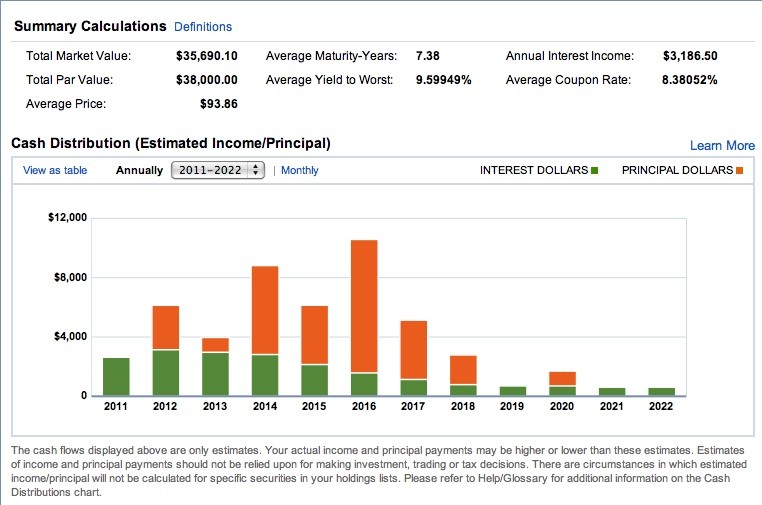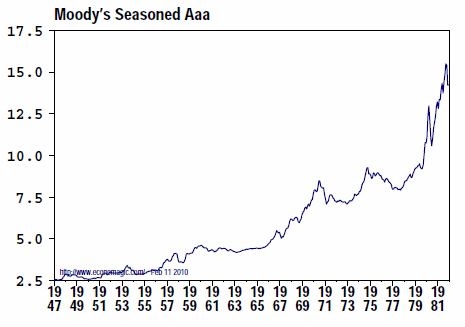How to Buy a Corporate Bond
Post on: 20 Апрель, 2015 No Comment

Brokers, Over-the-Counter and Exchange-Traded Bonds
You can opt-out at any time.
Please refer to our privacy policy for contact information.
Investing in bonds is considerably more complex than investing in stocks. The debt market is no place for amateurs. And no place is that more true than in the market for individual corporate bonds.
Unlike stocks, bonds tend to be bought and sold in a closed world of insiders and experts. Or, to put it another way, the corporate bond market is, essential, an institutional market. There’s little room for small players… particularly small, unsophisticated players.
If you’re thinking about buying an individual corporate bond, here are a two, core issues to consider:
- Primary or secondary? The corporate bond market has two distinct levels. The first, or primary market, represents new issues When a corporation decides to sell bonds to raise capital, it negotiates deals with investment bankers and large institutional investors to place those bonds in the market. The pricing of these new issues, which are comparable to initial public offerings of stock, tend to be easier to understand. And everyone who buys a new issue pays the same price, known as the offering price.
However, getting your hands on a primary bond offering is about as difficult as getting your hands on an IPO prior to the start of public trading. You’re going to have to know someone … ideally a banker at one of the institutions that is managing the primary offering. The simple truth is that small investors won’t be able to play in this game easily.
The secondary market involves the buying and selling of bonds after the initial offering. This market is open to small investors, but caution is warranted. The secondary market is almost entirely an over-the-counter market. Most trades are conducted on closed, proprietary bond-trading systems or via phone. The only way the average investor can participate is through a broker. More importantly, the pricing of bonds on the secondary market can be very difficult to track and understand.

If you’re interested in buying a corporate bond on the secondary market, make sure that you do enough research to know if the price you pay for the bond is justified. In particular, look at the sales of recent bonds to calculate what the mark up or spread is on a bond.
The spread denotes the difference between what a bond broker paid for a bond and what he’s selling it for. And unlike with stock commissions, the spread is built into the price of a bond. So you’ll never really, truly know how much profit the bond salesman is making.
However, things aren’t as bad as they once were. The Financial Industry Regulatory Authority, a non -governmental regulatory agency, now offers pricing information on recent bond transactions through its TRACE system. Before you agree to buy a bond through a broker, look at the recent quotes for the bond in question or a comparable issue. Then make an approximate calculation of how much of a spread your broker is charging.
In fact, after you’ve made a determination of what spread you’re likely to pay (or what commission you’ll pay if your dealing with a broker who doesn’t actually hold the bond you’re interested in but promises to buy it for you in the market), your work hasn’t even begun. Buying a corporate bond requires a level of due diligence that is much higher than buying a share of stock. Follow the advice of the trade association that is trusted with monitoring the market and research your financial professional thoroughly .
Today it’s possible to buy and sell bonds on a public exchange. And it shouldn’t come as a surprise that the New York Stock Exchange saw an opportunity in the bond market and launched its NYSE Bonds system in April 2007. replacing the older Automated Bond System with something that is friendlier to small investors.
The number of bonds sold through NYSE Bonds has grown significantly since the launch. New bond issues are added on a regular basis. Nonetheless, exchange-traded bonds remain a small percentage of the overall market. Estimates vary, but it seems likely that less than 15% of the world’s bonds are offered in transparent, easily monitored exchanges.
In summary, bonds can be a wise investment. But prospering in the corporate bond market isn’t easy. Think long and hard before you dive in. And always be willing to consider bond mutual funds or government-backed debt instead.














